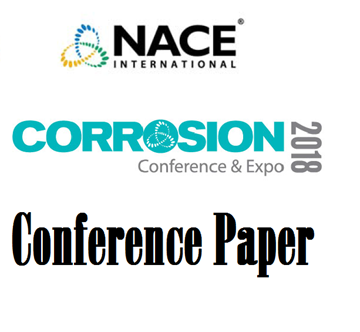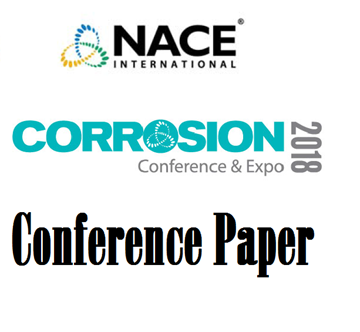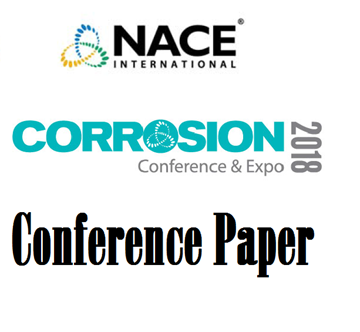Search
51318-10650-Effect of heat treatment on mechanical properties and corrosion resistance of Nickel Alloy UNS N0771
Also Purchased
51318-10665-Analysis of Hydrogen Induced Cracking by in-situ HIC Observation Method
Product Number:
51318-10665-SG
Publication Date:
2018
$20.00
51318-10634-Study on Ferrite Measurement Methods for Duplex Stainless Steel Welds
Product Number:
51318-10634-SG
Publication Date:
2018
$20.00
51318-10632-Pitting corrosion on high-Mn steel alloyed with Ni and Cr in low H2S high CO2 high temperature and high Cl- environment
Product Number:
51318-10632-SG
Publication Date:
2018
$20.00




